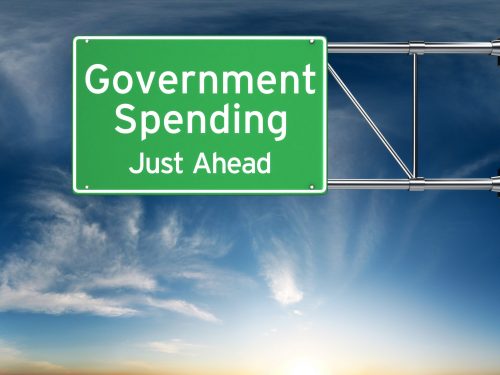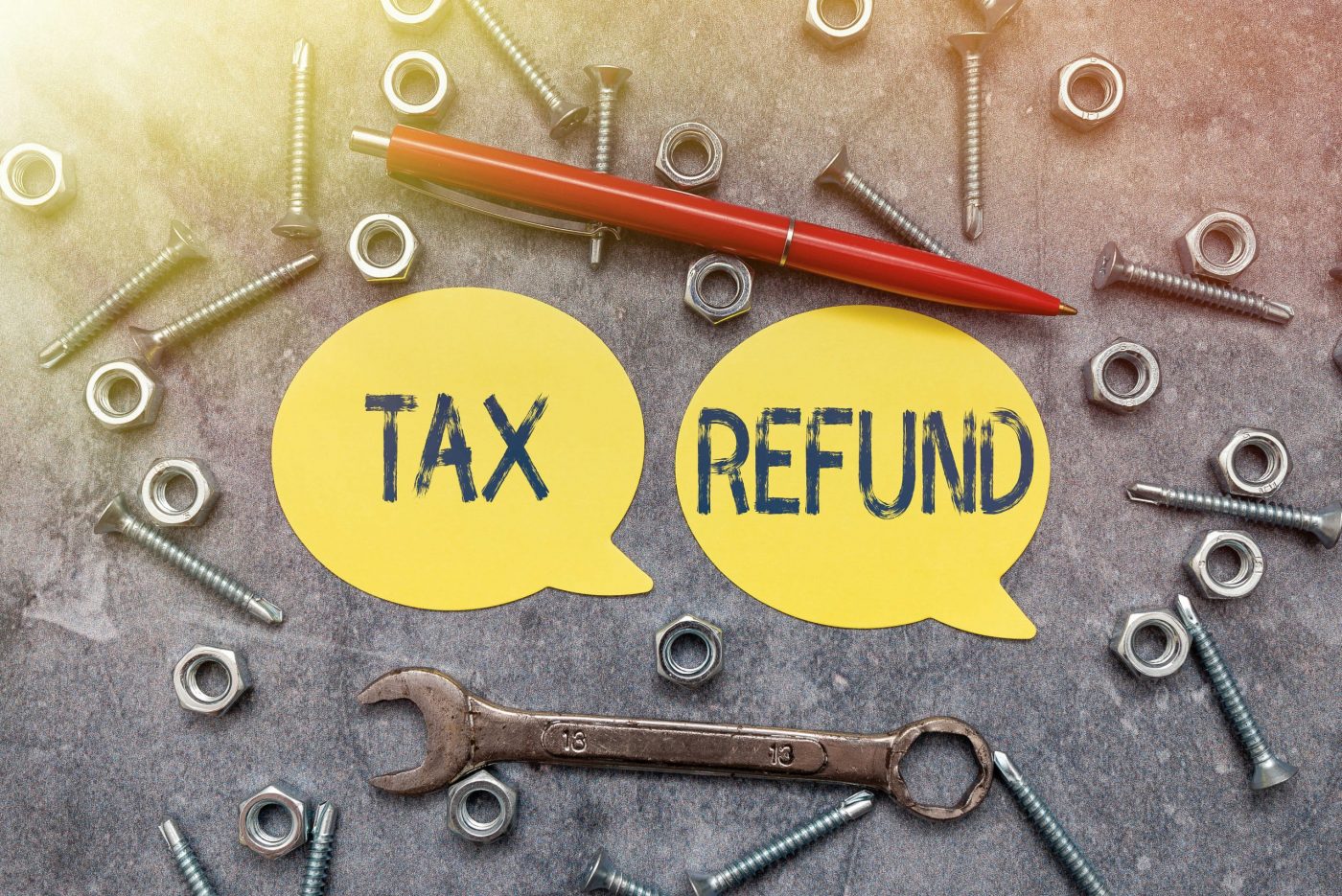Have you ever looked at your paycheck and wondered why the amount seems lower than expected? I have; I was convinced there was a typo on the first paycheck I ever received—it seemed to be missing a zero (or two). That was the day I learned about taxes.
Humbly speaking, this is one of the many reasons I founded Humanity Wealth Advisors: to provide an empowering outlet to those who were not offered a basic financial education.
This free tax planning worksheet is helping many clients simplify the tax planning process—download it for yourself!
To strategize more tax-efficiently, understanding why we pay taxes may help you save money each year.
Before we start complaining about how much we pay in taxes, let’s not forget why we pay them and—to an extent—learn to be happy in doing so. You have every right to mitigate your tax liability.
By offering affordable financial planning in the Bay Area, I believe you should know why we pay taxes, so you can tax plan more intelligently to help build wealth.
A Basic Understanding of Taxes
You’ve heard Benjamin Franklin’s old line, “Nothing is certain except death and taxes.” It’s a bit dark but gets the point across.
Did you know that before our federal government was established in 1789, the country was income tax–free? So, it’s fair to say that this statement rings true under current jurisdiction.
Taxes are mandatory contributions levied by a government on its citizens to finance government activities to support the economy/taxpayers of the nation. Government entities at the local, state, and federal levels collect tax revenue through various sources.
There are many different forms of taxes, most of which are applied as a percentage of monetary exchange (think income and sales taxes). Other forms of taxes, such as property taxes, are used based on the asset’s value.
Many different activities can trigger taxable situations: tax evasion, the deliberate failure to pay one’s full tax liability, is punishable by law. However, tax avoidance is legal, and actions are taken to lower one’s tax liability and potentially increase after-tax income.
Therefore, a basic understanding of the tax code may save you thousands of dollars throughout your lifetime.
Why Do We Pay Taxes?

To fund public works and services, governments tax individuals and corporations.
Examples of public works are municipal buildings, schools, hospitals, roads, bridges, and parks. On the other hand, public services include things such as fire and police stations, the postal service, military, education, electricity, water, and social care.
In both cases, it is most economically feasible for each citizen to pay a small portion in the form of taxes so everyone can enjoy the full benefit.
For Example
If there were no paved roads in your town, traveling would be more time-consuming. Since you cannot afford to pay millions of dollars to build the necessary infrastructure, the government will, and everyone benefits.
Instead, the federal and local governments levy taxes against all residents who will be the beneficiaries of the new road system.
Remember
The economy we enjoy is fueled by the taxes imposed on us. Yes, they can be frustrating to pay, but the salary you earn, the opportunities you have, and the freedom you enjoy are a result of the taxes paid by we the people, and preceding generations.
Beyond public services, taxes are also used to fund government operations. Throughout the history of the United States, tax policy has consistently been a source of political debate.
How Do Federal Income Taxes Work?
As basic financial knowledge, the United States has a progressive income tax system, meaning high-income earners pay higher rates than those with lower incomes.
Income taxes apply to money earned by individuals, whether by salary, wages, capital gains, dividends, interest, business income, etc. However, tax rates may vary by the source of income earned.
Beyond the source of income, several additional factors dictate the marginal tax rate a taxpayer will pay. One’s filing status—single, married filing jointly, married filing separately, or head of household—can substantially affect the liability they owe. Of course, the total amount of income earned will set your corresponding tax bracket.
About half of all federal revenue comes from individual income taxes. The Internal Revenue Service (IRS) is the federal agency tasked with collecting taxes.
Capital Gains
For investors, capital gains are the taxes generated from the sale of an appreciated asset.
Short-term capital gains (assets sold one year or less from the acquisition date) are taxed at an individual’s ordinary income tax rate. Long-term capital gains (assets sold after being held for more than one year) are taxed at lower capital gains rates.
3 Ways to Use Your Tax Return to Help Your Financial Future

Here are three ways to boost your financial future to use your tax return.
1. Don’t spend your refund.
Many people receive a refund check several months after filing—if you’re one of them, don’t spend it!
Instead, put that extra money to work by investing it (ideally in a tax-advantaged account) or adding to one of your savings goals (like a house or a new car).
This cash can be an excellent catalyst for starting your journey towards a healthier financial situation in the new year.
2. Learn about deductions.
A bit of education about the tax code and the deductions you could take advantage of may save you thousands of dollars every year—especially if you file your own tax returns.
If you don’t want to spend the time yourself, consider hiring a professional tax preparer to do your return.
Often, people discover these services pay for themselves.
3. Do some tax planning.
Most people don’t think about taxes until it comes time to file their prior year’s taxes in April. Instead, consider planning for the year ahead.
By thinking about what deductions you may qualify for or how certain events will affect your end-of-year tax liability, you may be able to lower your eventual tax burden considerably.
Proper tax planning allows America’s wealthiest families to pay far lower taxes than the average American. You can do this yourself or hire a tax professional.
Types of Taxes
As a small tax glossary, here are a few of the most common forms of taxes in the U.S:
- Income tax: a percentage of income relinquished to state or federal governments
- Corporate tax: a percentage of corporate profits taken to fund federal programs
- Payroll tax: a percentage of an employee’s pay withheld by their employer to fund Medicare and Social Security programs
- Sales tax: levied on the sale of goods and services, rates vary by jurisdiction
- Property tax: based on the assessed value of the land or property assets, rates vary by jurisdiction
- Estate tax: a rate applied to the value of a person’s estate at the time of death and exceeding specific state and federal thresholds
- Tariff: taxes imposed on imported goods
Bottom Line
If your spending habits have not considered taxes, it’s time to start. Ask us about the subscription or hourly financial literacy in the Bay Area—we have transparent pricing. Our wealth service levels are tailored to your specific needs.
With very humble beginnings, our Humanity Wealth Advisory firm has empathy for those struggling with financial planning. Our wealth managers genuinely believe that tax planning plays an essential role in your holistic financial health.
Start an honest conversation about tax-efficient financial planning services with a fee-only independent financial advisor in Newark, CA.
Humanity Wealth Advisors and LPL Financial do not provide legal advice or tax services. Please consult your legal advisor or tax advisor regarding your specific situation.
Reminder
The tax filing deadline is April 18, 2022—quickly approaching. Download our complimentary tax planning worksheet to help organize your taxes this year.
Schedule a complimentary call today to see how Humanity Wealth Advisors can help you reach your financial goals. We serve the greater San Francisco Bay Area.



